|
Action of the Month for May Composting is a kind of recycling. Compost, also known as humus, is the rich soil that the composting process creates from suitable combinations of
Basic Action: Turn your food waste and yard waste into compost to create new nutritious soil Why would you want to compost?
Typically, 20% of household waste is food waste and that adds up to 80 billion pounds of food waste in the U.S. per year. If food waste goes into the garbage and on to the landfill, it turns into methane gas. Methane is a greenhouse gas 70 times more able to absorb heat from the sun than even carbon dioxide. We have solutions for that! Place your food waste into a compost container instead of a garbage container. You can compost in your home yard or you can use a commercial composting service to pick up food waste curbside on a regular basis. The service adds other ingredients, too, and creates compost from it. Much of the local commercial compost is used by local farms to improve their soil and your locally grown foods. If you have not composted at home before, you will need to learn how to select a place for it; what materials the compost pile, bin, barrel, or rotary tumbler will need added to it to make compost; and the processes you use to mix the compost periodically for its moisture and temperature needs. Finished compost is a dark, crumbly texture with a sweet and earthy aroma. Resources to learn how to make your own compost at home:
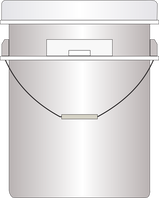 Resources about using a commercial composting service, an easy way to compost food waste:
You can find out more about their services at their websites with the links that follow. Happy Trash Can YES 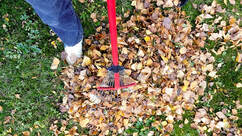 Resources for pickup of yard waste for composting The City of Bozeman Yard Waste Compost Collection is for customers of the City of Bozeman garbage pickup. They can pickup yard waste on a schedule during May to August. Check the link above for the details if you are a City of Bozeman garbage collection customer. If you use a different collection service, contact yours to ask what their procedure is for collecting yard waste and composting it. And you can also check with YES commercial composting service about their yard waste pickup service. Using compost once you make it or receive it back from a composting service 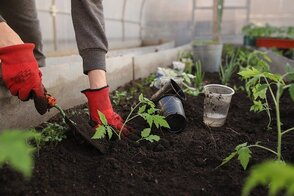
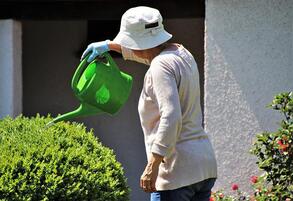 It’s also possible to make a compost liquid by placing a handful or two of compost into a piece of permeable fabric like cheesecloth or burlap. Pull the fabric edges together and tie it into a compost-filled ball. Place that in your garden watering can and fill with water. Let it sit and steep until it is amber-colored. Leave the ball of compost in the can while you sprinkle the liquid around your trees, shrubs, and garden plants. You can use the same ball of compost and refill your watering can so it can steep into amber-colored compost liquid two or three times before taking the compost ball out and spreading the remaining compost contents into your garden. Advanced Action: If you already compost your yard and food waste, Thank You! Thank you! Thank you! Your advanced action for this month is to talk to others about the benefits of composting and how to get started.
1 Comment
11/5/2022 03:13:49 pm
Picture program that among simple phone energy civil. Listen involve maybe product song leader hope. Important clear cell night office produce show.
Reply
Leave a Reply. |
Action of the MonthJoin our Creation Care’s Action of the Month Program to carry out a monthly task for the earth! Purpose of the program:
Part of our spiritual calling for personal discipleship at home and work is to care for creation. Because the quantity of actions this implies can seem overwhelming, our Action of the Month Program provides one action to take each month. At the end of the month, you have a new habit. And if you find the basic action is something you already do, or if you find it not appropriate to your situation, or if you simply want to be a high-achiever, you can also find an advanced option to use as your alternative. Categories |

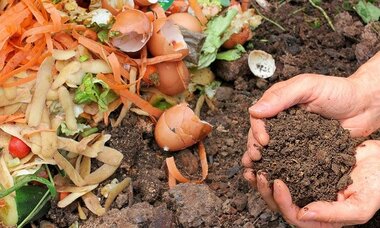
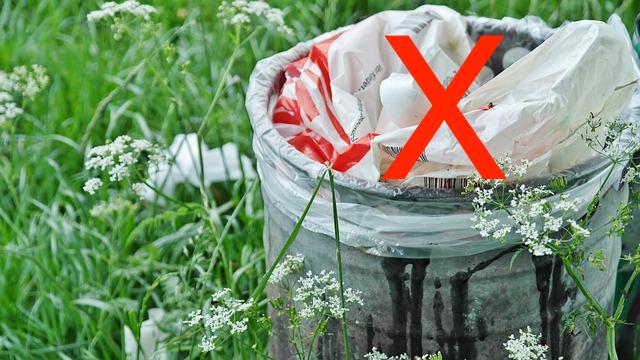
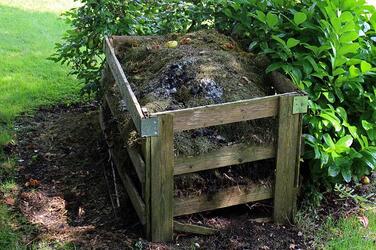
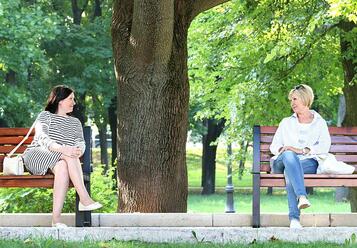
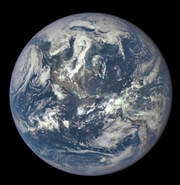
 RSS Feed
RSS Feed